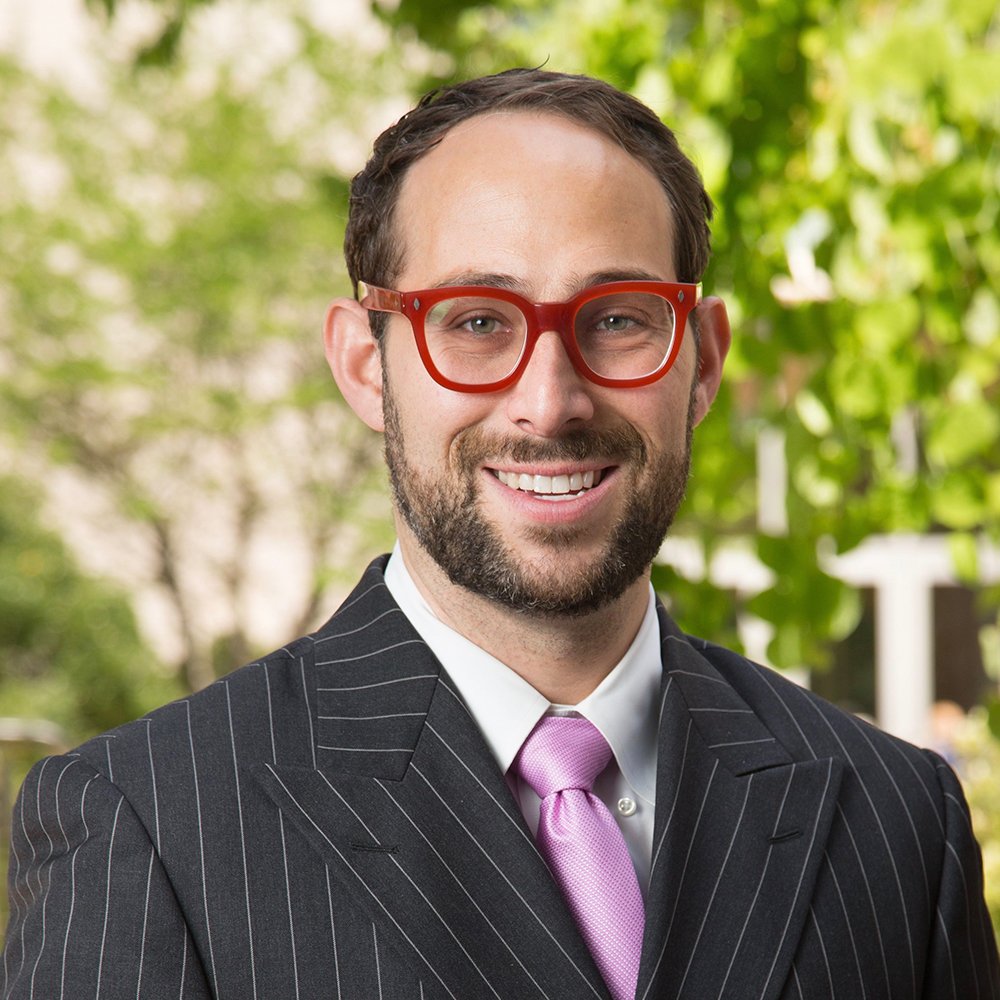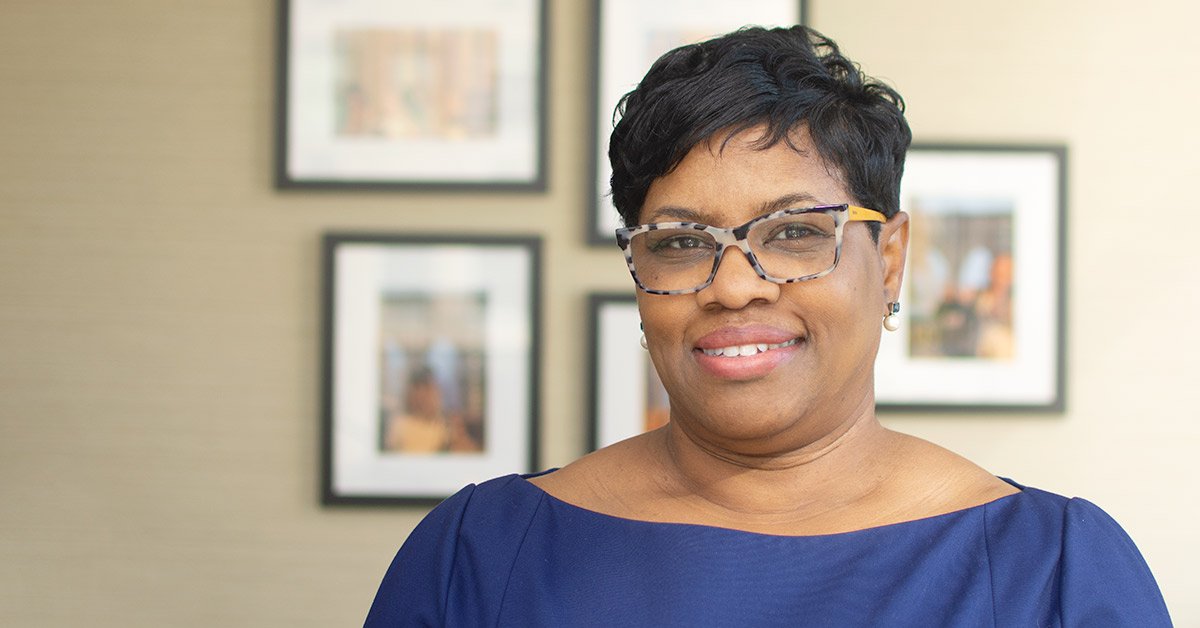National Security and Civil Liberties: An Interview with Jameel Jaffer
Jameel Jaffer is an Adjunct Professor of Law and Journalism and the Executive Director of the Knight First Amendment Institute at Columbia University. Previously, he was deputy legal director at the ACLU and director of the ACLU’s Center for Democracy, overseeing work on free speech, technology, national security, and human rights. He has litigated numerous critical post-9/11 cases involving national security and human rights, including the litigation leading to the publication of the Bush administration’s torture memos and the Obama administration’s drone memos. He attended Williams College, Cambridge University, and Harvard Law School.
The United Nations Security Council & The Enforcement of International Law
Professor Christoph Mikulaschek teaches within Harvard University’s Department of Government, focusing on the power dynamics that define international law, security, and organizations. He holds a Ph.D. in Political Science from Princeton University and a Master’s Degree in International Affairs from Columbia University. In 2018, he was awarded the American Political Science Association’s Merze Tate Award for the best dissertation in the field of international relations, law, and politics. His dissertation examines the role of informal power-sharing in the proceedings of the UN Security Council. Professor Mikulaschek’s work has been published or is forthcoming in the American Journal of Political Science, International Organization, the Journal of Conflict Resolution, and the Review of International Organizations.
Professor Susan Farbstein Explains the Importance of Community Lawyering in Human Rights
Professor Susan Farbstein is currently the co-director of the International Human Rights Clinic at Harvard Law School. She received her B.A. from Princeton University, Master's in International Relations from Cambridge University, and J.D. from Harvard Law School. He current work focuses on human rights in South Africa, socio-economic rights and racial justice in the United States, and gender equity and women's leadership in human rights organizations.
COVID-19 Vaccines, Abortion, and Henrietta Lacks: An Interview with Harvard Law School Professor and Health Law Expert I. Glenn Cohen
I. Glenn Cohen is the James A. Attwood and Leslie Williams Professor of Law at Harvard Law School and is one of the world’s most prodigious health law and bioethics experts. Professor Cohen also serves as Deputy Dean of the Law School and Faculty Director of the Petrie-Flom Center for Health Law Policy, Biotechnology and Bioethics. His scholarship centers around various disciplines within health law, including health information, mobile health, reproduction/reproductive technology, research ethics, organ transplantation, and COVID-19. Professor Cohen has authored over 200 articles and chapters and has authored, co-authored, edited or co-edited over 18 books. Internationally renowned, his work has appeared in multiple publications and media outlets, including PBS, ABC and CNN.
Memories, Mobsters, and Motivation--an Interview with Dean Polales
Dean Polales is a Chicago-based criminal defense attorney. After attending the University of Chicago law school, Mr. Polales worked at the United States Attorney's office for over 21 years. He now owns Polales Horton LLP along with his partner, Timothy Horton.
Delving into the Intersection Between Child Welfare, Education, and Juvenile Justice: A Conversation with Dawne Mitchell
Dawne Mitchell is the Attorney in Charge of the Juvenile Rights Practice at The Legal Aid Society, the oldest and largest provider of legal aid in the United States. She oversees a team of more than 350 staff members and volunteers that works to tirelessly defend the rights, needs, and interests of children who appear in Family Courts in New York City on Child Welfare, Parental Rights, Persons in Need of Supervision, and Juvenile Delinquency matters. Her leadership has sought to challenge and impact the racial disparities and systemic issues that have led to poor outcomes for children, disruption of families, limited educational advancement of youth in care, and a burdened system of care for children and families for generations. Dawne serves on the NYS Permanent Judicial Commission on Justice for Children, the First Department Advisory Committee, and is a member of several New York City Bar Association committees and workgroups.
Carbon Regulation: Untangling the EPA's Attempted CO2 Rule - An Interview with Carrie Jenks
Carrie Jenks is the Executive Director of Harvard Law School’s Environmental and Energy Law Program (EELP), where she works with Professors Jody Freeman and Richard Lazarus. The EELP team includes several lawyers, Legal Fellows, and the program’s student researchers to pursue EELP’s mission of facilitating the transition to a low-carbon, sustainable future. Prior to this appointment, Jenks was Executive Vice President of M.J. Bradley & Associates (MJB&A), an energy and environment strategic consulting company. Jenks has over fifteen years of legal and policy expertise in climate and environmental law, working with the private sector, non-profit organizations, and policymakers to identify common ground. She holds a Bachelor of Arts degree, cum laude, from Harvard College (concentrating in Environmental Science and Public Policy – ESPP) and a Juris Doctor degree from the Georgetown University Law Center.







